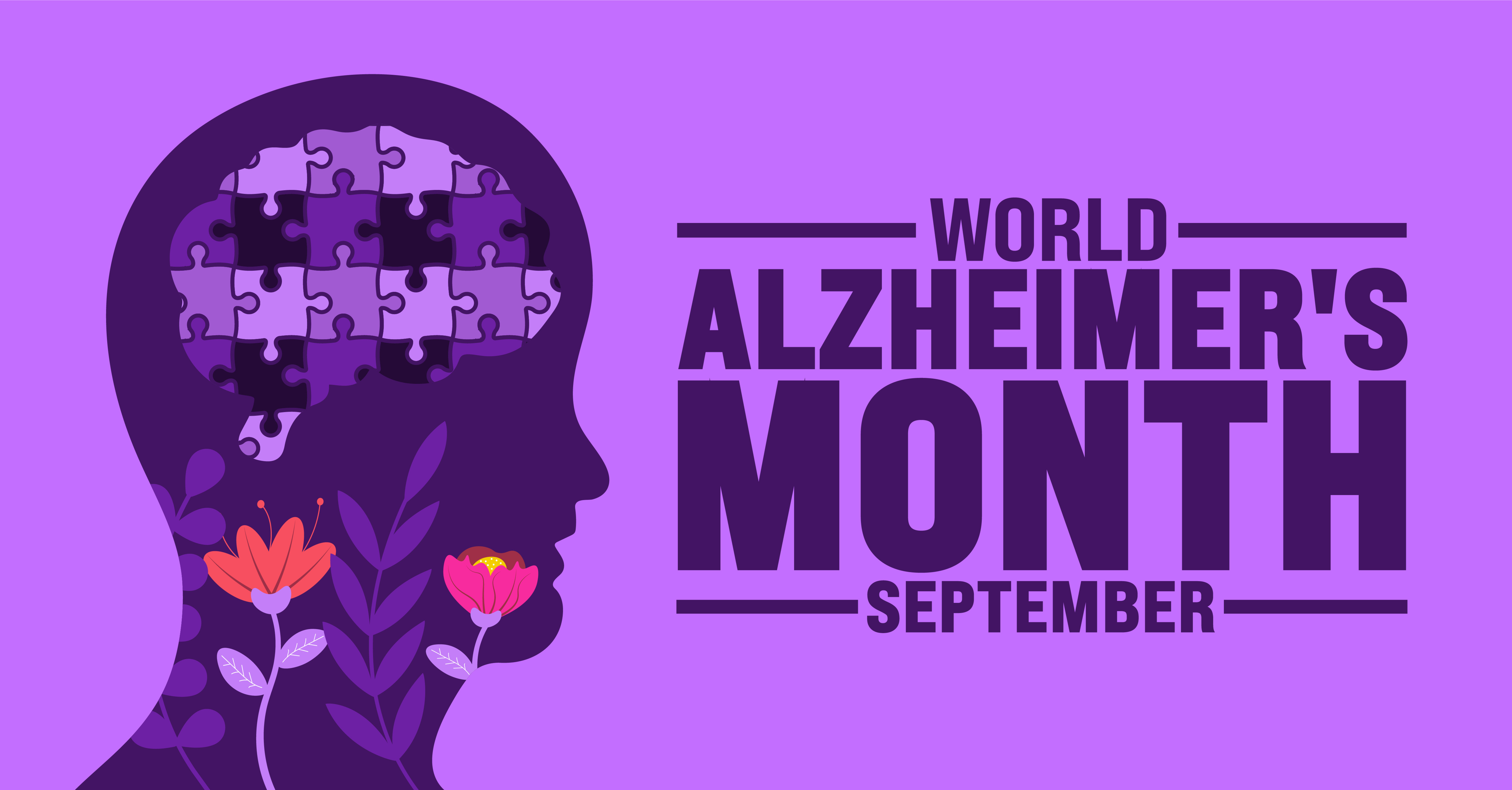Can We Improve Dementia Training for CNAs? Let’s Look at the Value of Experiential Education
Certified Nursing Assistants (CNAs) are on the front lines of caregiving, especially in dementia care. Yet, traditional training methods often fail to fully prepare them for the complexities they face. As dementia progresses, verbal communication becomes limited, stress reactions can become challenging, and emotional needs become more profound. This is where experiential education, particularly Kolb’s Experiential Learning Cycle, combined with innovative programs like Dementia Live®, can revolutionize how we train CNAs, equipping them with not just knowledge but empathy, understanding, and practical skills.
Kolb’s Experiential Learning Cycle: A Foundation for Learning by Doing
David Kolb’s Experiential Learning Cycle is a powerful model for adult learning, emphasizing a hands-on approach that is ideal for caregiving training. The cycle consists of four stages:
- Concrete Experience – Direct engagement with an activity or experience.
- Reflective Observation – Stepping back to observe and reflect on the experience.
- Abstract Conceptualization – Developing theories or generalizations based on reflection.
- Active Experimentation – Testing these new ideas in real-world settings.
For CNAs, this cycle allows them to transform practical experiences into learning opportunities. When they are directly engaged in situations that mirror real-life dementia caregiving, their learning is deeper and more meaningful than merely absorbing information in a classroom.
Dementia Live®: Bringing Experiential Learning to Life
Dementia Live® is an immersive training experience designed to simulate what it’s like to live with dementia. Participants wear specialized gear that impairs their senses—blurring their vision, distorting sound, and limiting dexterity. This simulation allows CNAs to step into the shoes of those they care for, creating a “Concrete Experience,” the first stage of Kolb’s cycle.
By experiencing firsthand the frustration, confusion, and disorientation dementia patients face, CNAs develop empathy that can’t be taught through lectures alone. This profound emotional connection is a crucial step in helping caregivers improve their approach to dementia care, particularly in high-stress moments when patience and understanding are key.
Reflective Observation and Abstract Conceptualization in Dementia Training
Once the Dementia Live® simulation concludes, CNAs have the opportunity to engage in “Reflective Observation,” the second stage in Kolb’s cycle. They discuss their experiences, share how they felt during the simulation, and reflect on how it relates to the daily struggles of those with dementia.
Through this reflection, they begin to “Abstract Conceptualization,” the third phase, where they develop new ideas and strategies for caregiving. For instance, understanding why a patient may react negatively to certain stimuli, or why it’s important to speak slowly and maintain a calm tone. These insights enable CNAs to provide more compassionate, patient-centered care.
Testing New Approaches Through Active Experimentation
The final stage of Kolb’s cycle, “Active Experimentation,” allows CNAs to apply what they’ve learned in real-world scenarios. After completing the Dementia Live® experience, CNAs return to their work equipped with new tools and insights. They can now experiment with new communication techniques, approach behavioral challenges with empathy, and better understand the non-verbal cues that are so important in dementia care.
The Lasting Impact of Experiential Learning on Dementia Care
The integration of Kolb’s Experiential Learning Cycle with innovative programs like Dementia Live® creates a rich, immersive learning environment that enhances CNA training. By not just telling caregivers what dementia is like but allowing them to feel it themselves, these programs build deeper empathy and improve problem-solving abilities. In turn, this leads to more effective care, reduced burnout, and a higher quality of life for both CNAs and those living with dementia.
As the aging population continues to grow and the demand for dementia care increases, investing in experiential education is critical. Through immersive experiences and reflective learning, we can better prepare CNAs to meet the challenges of dementia care head-on, with compassion and competence.








